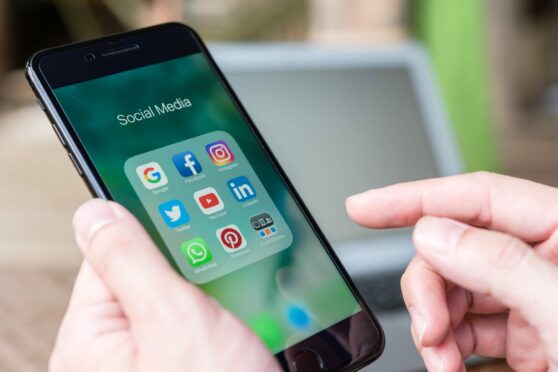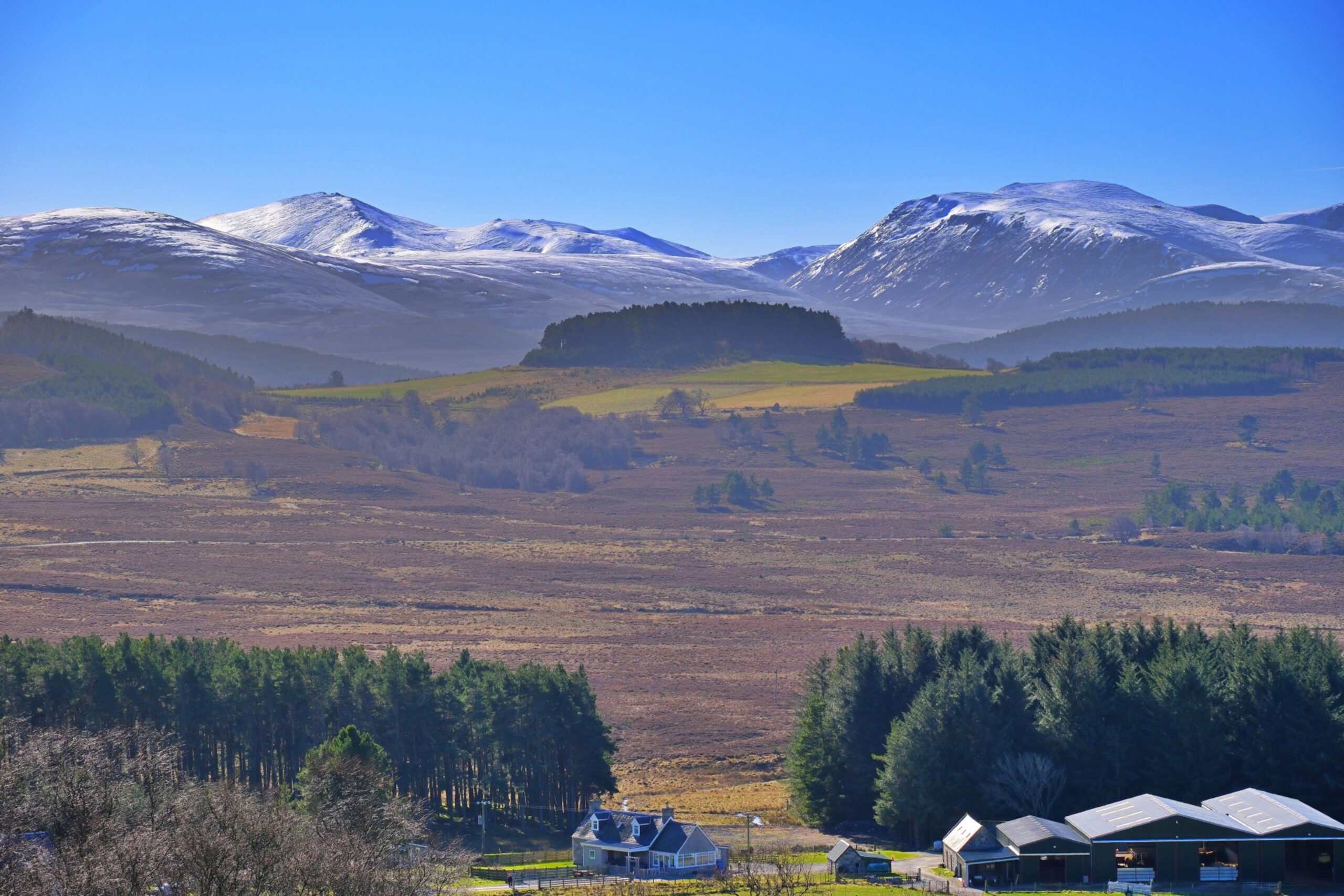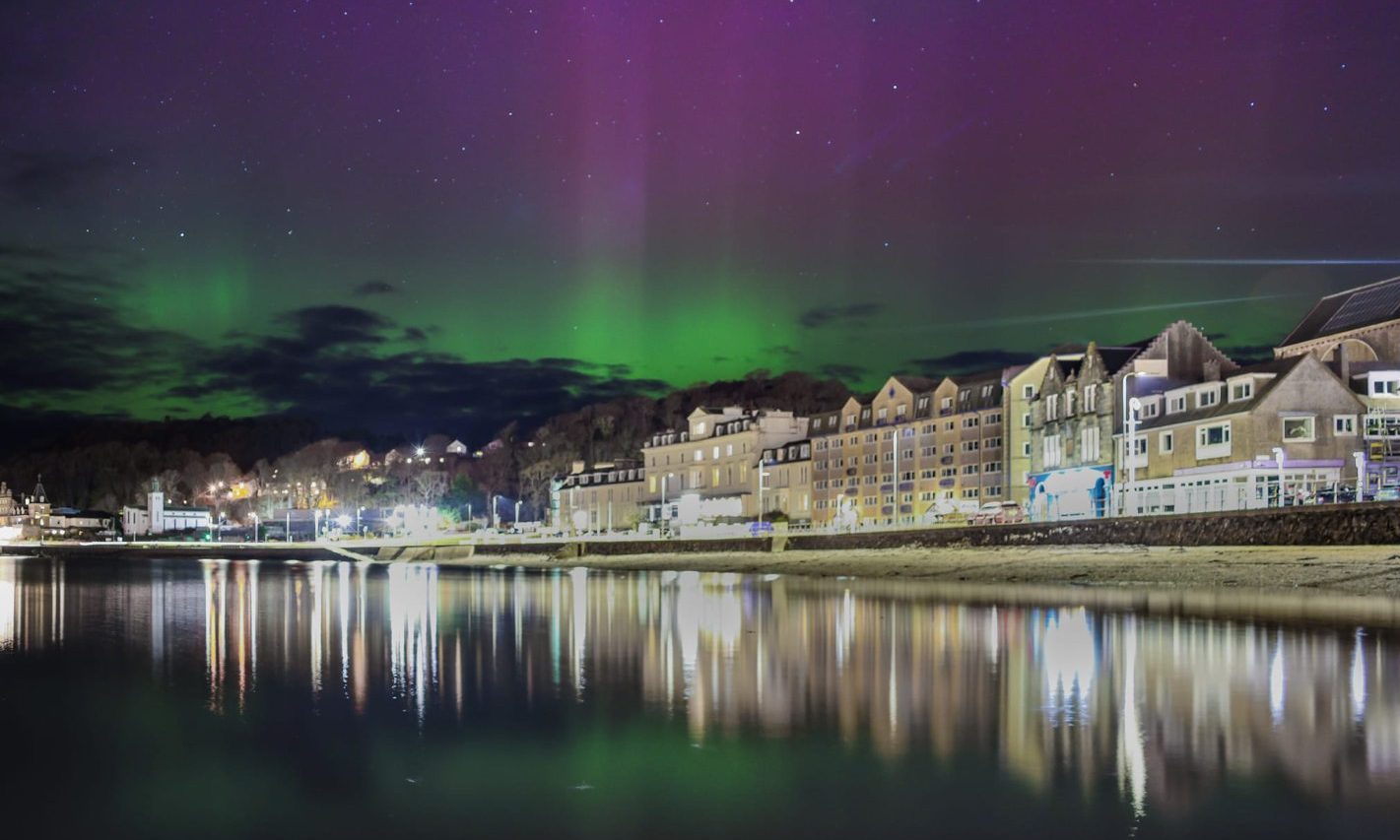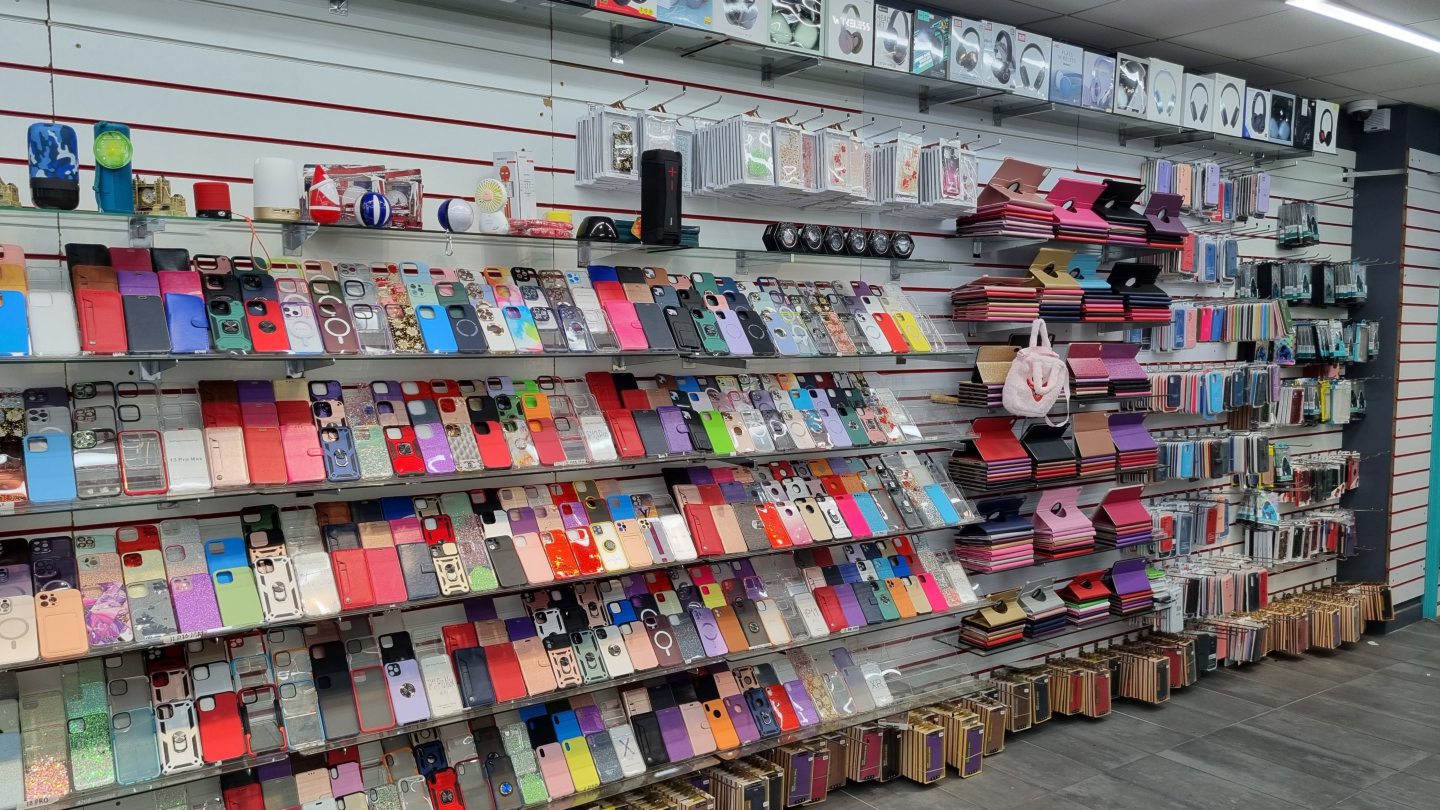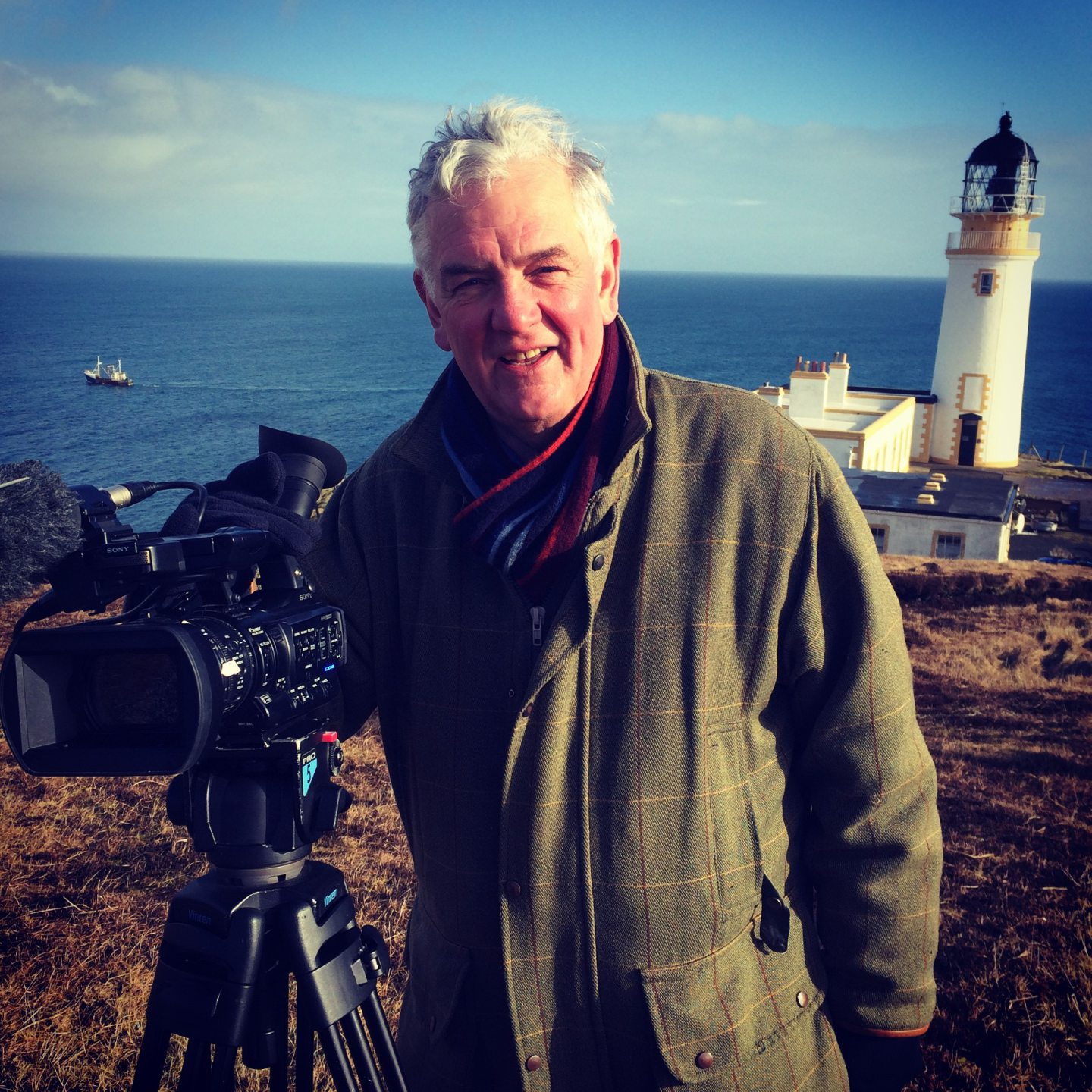If you wanted a glimpse of the madness of modern life, Tuesday’s glitch with a number of social media platforms was utterly brilliant.
Crash, bang, wallop, and suddenly there was no access to Facebook as millions of users wept into their laptops and phones at the thought of not being able to share their latest opinions, holiday snaps and pithy witticisms to the world.
And click, clack, cripes, it was a similar situation on Instagram and WhatsApp.
What if outage had lasted longer?
Actually, the sites were only down for a couple of hours, but Twitter and LinkedIn reacted as if the apocalypse had occurred, while we waited for Klaatu and Gort to arrive with a message for the planet straight from The Day the Earth Stood Still.
Yet it triggered the thought; what if the outage had lasted a day or two? Or a week? And suddenly, came another question: would it really be such a tragedy if we resolved to switch off these platforms more regularly and look at what’s around us – such as family, friends, neighbours and nature – rather than being fixated on social media?
Some people might respond that you can’t uninvent the wheel. But look at so many of the problems bedevilling folk of all ages and backgrounds in 2024 and it seems obvious that a lot of it can be traced directly back to the self-immersion in our own technology.
Low self-esteem? Well, that is what tends to happen when you attempt to engage with a group of strangers and end up being on the receiving end of a pile-on.
Nothing negative about a break from your phone
Depressed about the state of the world? Again, that’s hardly surprising if your existence is wrapped up in an internet-driven litany of woe from Ukraine to Gaza and Yemen to Syria; one where American voters have a choice of Joe Biden or Donald Trump; and their British counterparts have to pick between Rishi Sunak and Sir Keir Starmer.
Naturally, in the midst of the winter, with darkness pervading the landscape even in the middle of the afternoon, it’s easy to succumb to the lure of Facebook or TikTok, Twitter or Instagram, even if it’s just to have a laugh at the latest funny cat video or catch a glimpse of the latest film/TV series from Christopher Nolan or Steven Knight.
There can even be wow moments such as during the spectacular Aurora Borealis exhibition in the Highlands and Islands last week. But hang on, if the Northern Lights are out there, why aren’t we gazing at them for ourselves? And there’s the rub.
In simple terms, there is nothing negative about taking a break from your mobile device or iPad. In terms of health benefits, any form of exercise – walking, jogging, swimming, climbing or channelling your inner Andy Murray, Paul Lawrie, Eilish McColgan or Kim Little – will provide your body with more endorphins than anything available online.
But it could have other positives. Ever since Covid, millions of people have grown accustomed to shopping online meaning we never get off our backsides and visit our city-centre retail outlets.
Iain Cameron has worked out a balance
This has wreaked grievous consequences on myriad businesses, eviscerated the hospitality industry and transformed the likes of Aberdeen’s Union Street into a place where it’s a tale of the vape, the bookies, boarded-up premises and To Let signs.
So, even if we stayed away from our smartphones and computers a few days a month and made an occasional purchase in local stores, it would make a difference.
This doesn’t mean that phones, tablets and laptops should be consigned to oblivion. But citizen scientist and author, Iain Cameron, has worked out a decent balance in his life.
Iain, who is from Stirling but spends half the year in the Cairngorms and Skye, said: “I use social media a fair bit, mostly because of its immediacy when wanting to find out about breaking news stories and, of course, as part of my research into long-lying snow on the UK’s hills.
“For these topics, I find X/Twitter enormously helpful, and – predominantly – collegiate. However, its inherent tendency to split people into political tribes is wearisome, even if it can be annoyingly addictive.
Mobile technology can’t replicate real life
“And yet, when I find myself outdoors on some hill or other, the desire to pull the phone from my pocket literally disappears. I forget it’s there. The cathartic embrace of the outdoors and the attendant inner fulfilment it provides means that, for the duration of the walk, nothing else matters except being in the particular moment.
“There is nothing on Earth as exhilarating, nor as soul-filling, as emerging from a steep, snow-filled gully onto a broad ridge and seeing the views across uncountable Highland peaks open up. It is something no amount of mobile technology will ever replicate.”
‘More screen time than real time’
TV producer and writer Les Wilson relies both on technology and the great outdoors. He can’t do his job without either. But he does find it concerning that human interaction is in danger of being squeezed out by addiction to online sites.
Les, who is originally from Aberdeen but now lives on Islay, said: “Years ago, I made three series of hillwalking programmes for BBC Scotland. But, for every summer day I spent filming in the hills, I spent weeks hunched over my computer or stuck in front of TV monitors in an edit suite.
“That sums up how I lived my life – more screen time that real time, more time on my backside than my feet. Then along came social media and things got worse. I often see couples in restaurants, not talking, but separately engrossed in their mobile phones.
“I’m not immune to having a Twitter habit. I try to justify this by saying that I’m ‘keeping up’ with events, and it helps pass the time on ferries, trains and buses. But I’ve come to believe my time would be better spent looking out the window.
“There is hope. When I look back at what I’ve tweeted recently, I find that I get far more ‘likes’ for photographs of snowdrops in a wood or my dog on an Islay beach than I do for my comments on books, events, or TV programmes that I’ve seen.
“So, there is an appetite for real life rather than screen life and I’ve made a resolution. I’m taking a holiday in July – and my phone will be switched to camera only. I promise!”
Perhaps, the rest of us should follow suit.
